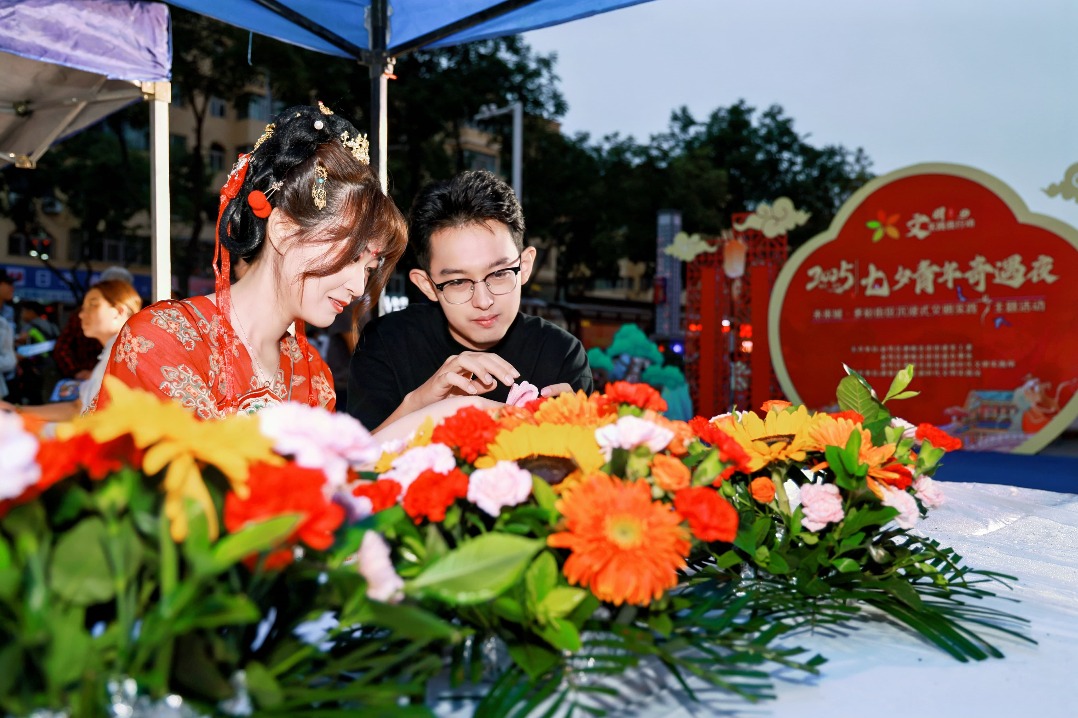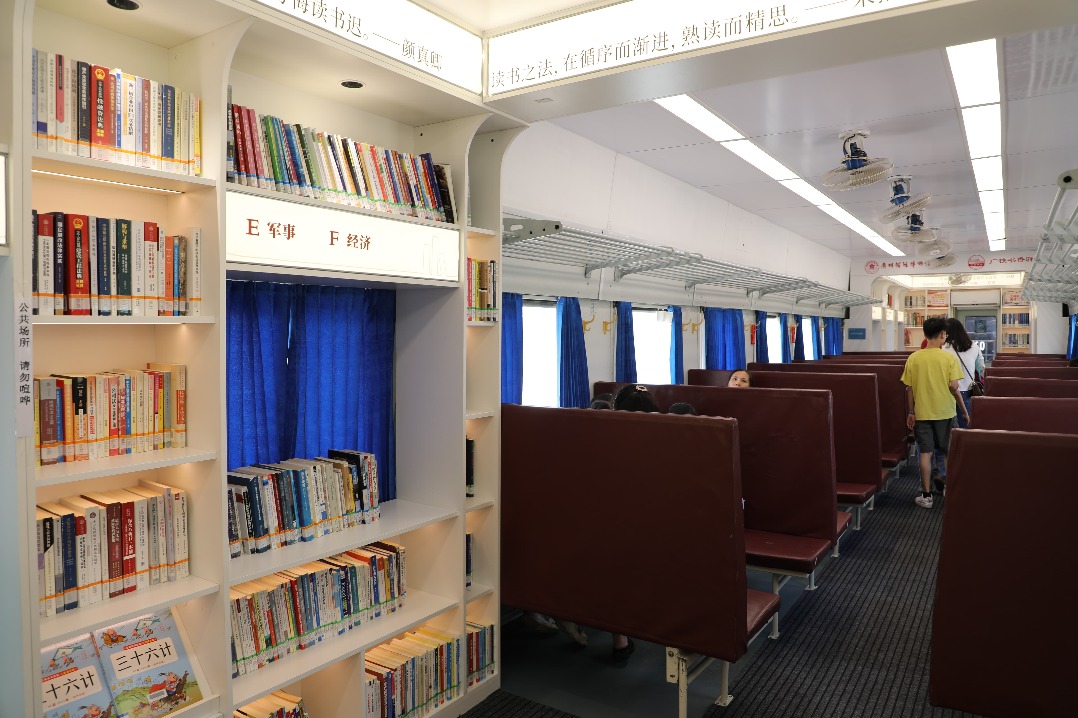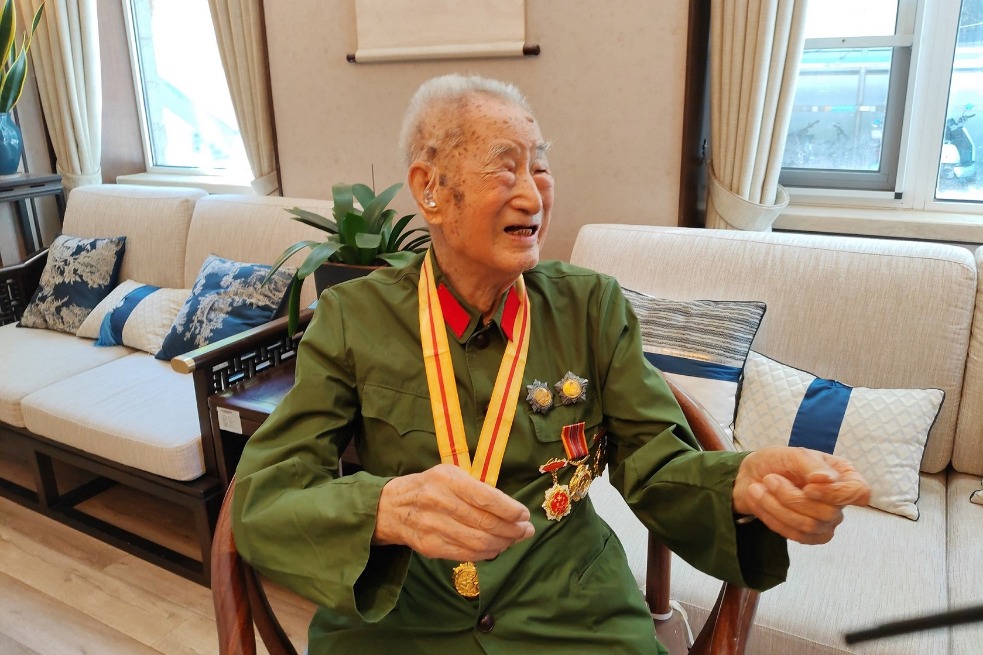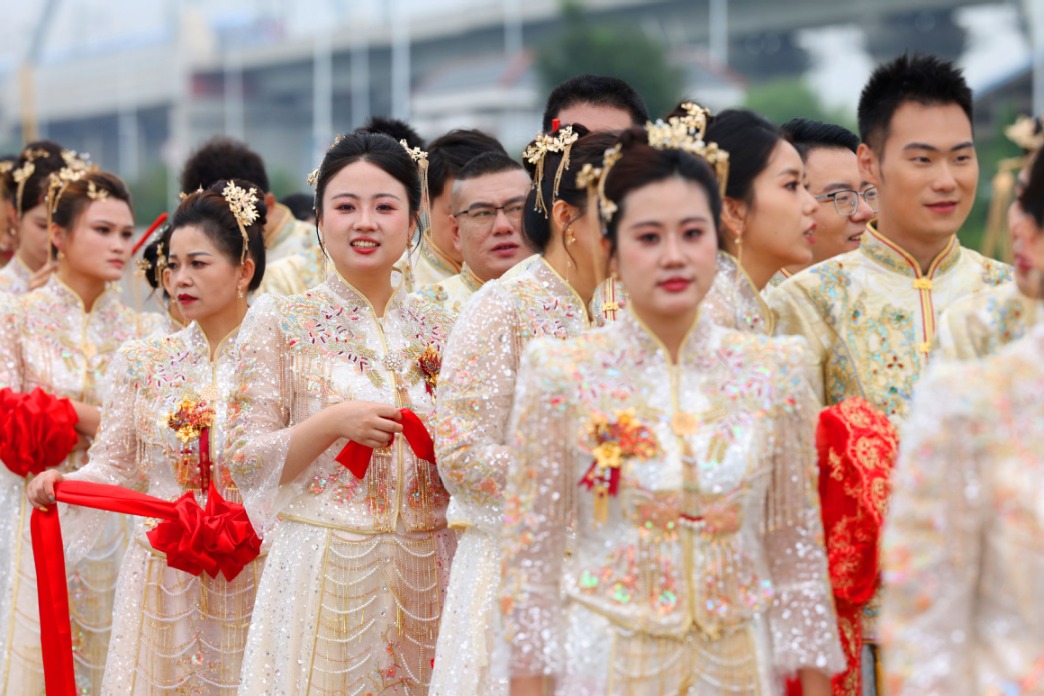Improved education boosts average age of nation's workforce

The average age of China's labor force has risen in the past three decades, along with the value of human capital, thanks to improved education, according to a recent report.
From 1985 to 2017, the average age of the workforce rose from 32.2 to 37.8, according to the report, released by the China Center for Human Capital and Labor Market Research at the Central University of Finance and Economics in Beijing.
It was the 11th report focusing on human capital issued by the center since 2009.
Human capital refers to the habits, knowledge, social and personal attributes embodied in the ability to perform labor to produce economic value.
The report said the northeastern provinces of Liaoning, Jilin and Heilongjiang, along with Hunan province and Chongqing, have the oldest workforces in the country, while Guangdong, Guizhou and Hainan provinces, and both the Xinjiang Uygur and Tibet autonomous regions have the youngest.
In 2017, the total value of human capital stood at 1,934 trillion yuan ($281 trillion), more than 10 times the figure for 1985, due to workers' improved education levels.
The report said that during the study period the proportion of the workforce completing senior high school or higher education rose from nearly 11.5 percent to 37.5 percent.
Li Haizheng, the report's principal investigator, said the human capital referred to in the study was usually measured through inborn intelligence and that acquired from activities such as study and work.
He said the rise in the workforce's average age could be linked to the former family planning policy and the aging problem, adding, "Reducing a young labor force will have a negative effect on the nation's economy and also on innovation and creative activities.
"By announcing some preferential policies, the government is now encouraging people to have a second child, but it will take time to see the results.
"Retirement can be deferred to help ease the problem, because people's health is now much better than in previous decades. Also, middle-aged workers can improve their skills and knowledge through learning, helping to enrich the talent pool for innovation and creativity."
Li said education is key to raising the value of the nation's human capital.
"We now have compulsory education until junior high school. This may be extended to senior high or even higher education, which will be beneficial in raising such value. Those who are now in work can also take online courses to improve their knowledge."
Li added that companies can adjust work to allow employees to learn more from their jobs, rather than merely performing repetitive tasks.
- Mainland rebukes DPP for threatening Taiwan V-Day participation
- Bonded by Blood: Remembering foreign heroes who fought with China
- What they say
- Digital tech helps link countries, boost trade
- SCO Summit to chart development blueprint
- China's 2025 summer box office surpasses 2024 as domestic films take the lead





































